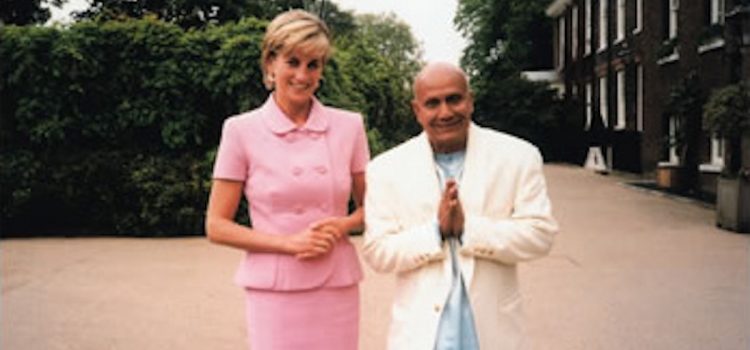When you get hungry, do you reach for processed snacks? Do you find yourself feeling stuffed after each meal? There’s solid science behind why junk food addiction occurs—our bodies have evolved to seek out high-calorie food, and the food industry makes these foods addictive. But by getting back in touch with our natural hunger and fullness cues, we can resist the pull of junk food. Here are four methods to break free of your junk food addiction, from proven experts.
Do You Have a Junk Food Addiction? Try These 4 Solutions










